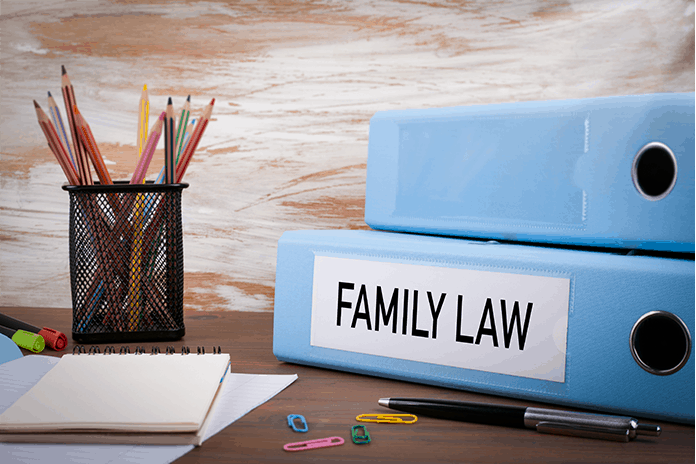Grandparent Visitation Rights
At any given moment, the relationship between a child, parent and grandparent might just be clear, simple and plain. The nature of the law in regards to these matters is not on anyone’s minds. Enter the unfortunate occurrence of divorce or any other scenario where custody or visitation must be determined and that picture can get pretty complicated, rather quickly. Immediate consolation can be derived from the knowledge that our nation’s laws and those who serve them are already prepared for whichever scenario you have found yourself in.
Our Constitution and the Due Process Clause of its Fourteenth Amendment have historically and resolutely left the fate of children in the hands of their parents. In New Jersey, grandparents, on the other hand, have the burden of proof should they seek visitation rights. They must prove that their grandchild will suffer significant harm if they are not granted visitation. If the Court is convinced that the grandparent has made a prima facie showing of harm to the child, the Court will likely hold a plenary hearing, or a trial on this issue, to hear testimony, expert testimony and review evidence to determine if grandparent visitation should be granted. If the grandparent is successful, then the Court must create a visitation schedule that is in the child’s best interests. The Court generally would address the following factors when determining what is in the child’s best interest:
- The relationship between the child and the applicant;
- The relationship between each of the child’s parents or the person with whom the child is residing and the applicant;
- The time which has elapsed since the child last had contact with the applicant;
- The effect that such visitation will have on the relationship between the child and the child’s parents or the person with whom the child is residing;
- If the parents are divorced or separated, the time sharing arrangement which exists between the parents with regard to the child;
- The good faith of the applicant in filing the application;
- Any history of physical, emotional or sexual abuse or neglect by the applicant; and
- Any other factor relevant to the best interests of the child.





Pingback: The Six Pillars of Family Law: Part One | Family Law Attorney NJ